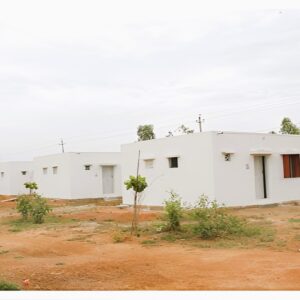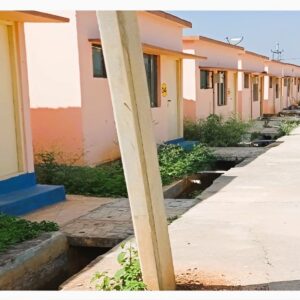Establishing suitable housing for individuals affected by leprosy and those with disabilities is an essential component of promoting inclusivity and dignity in healthcare. Leprosy patients may face not only the physical challenges of the disease but also societal stigmatization, making it crucial to create housing environments that cater to their unique needs. Accessible housing design is paramount, considering mobility challenges and sensory impairments resulting from leprosy.
Such accommodations should include wheelchair accessibility, modified facilities to address physical disabilities, and proximity to healthcare resources. Beyond the physical infrastructure, it is equally important to foster a supportive community within the housing facilities. Programs that encourage social interaction, vocational training, and psychological support contribute to the overall well-being of residents, development a sense of belonging and dispelling societal misconceptions surrounding leprosy.
The following data outlines the 945 cases of ‘house construction/renovation’ and a truly monumental achievement, showcasing unparalleled dedication and excellence.




